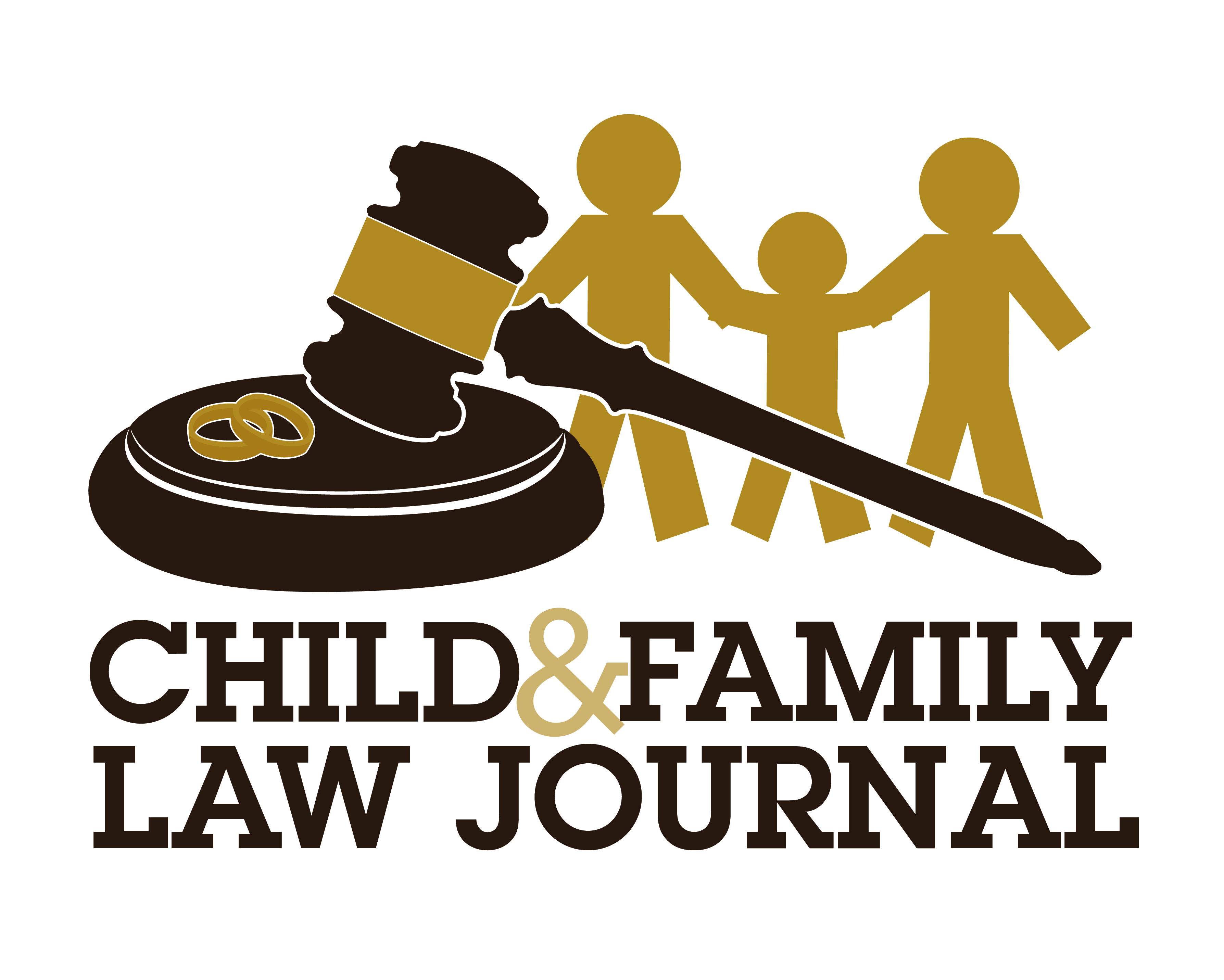Child and Family Law Journal

Abstract
Following the Supreme Court’s overturning of the federally mandated fundamental right to abortion founded in Roe1 and Casey,2 the decision of whether a woman may terminate a pregnancy has returned to the states with the current Court’s implementation of Dobbs v. Jackson Woman’s Health.3 In Florida, the state government decided to reduce the gestational age for termination to fifteen weeks in July 2022, and further reduced the gestational age to six weeks in April 2023 provided that the Florida Supreme Court upholds the fifteen week ban.4 This note operates under the fifteen week standard as the six week ban is not yet effective. While the executive and legislative branches have decided to reduce the gestational age of termination to fifteen weeks, the state still refuses to allow for a parent’s recovery for the wrongful death of a fetus, holding that a fetus is not a person within the scope of the wrongful death act.5 This creates a congruity issue in the law surrounding fetuses and fetal rights in the states.
This note argues that Florida should resolve the issue of legal inconsistency created through the fetal laws of abortion, feticide, and fetal wrongful death by abrogating the Born Alive Rule where a parent could not recover for the death of a fetus unless the fetus was born alive.6 Now that states can once again determine the issue of abortion, Florida should allow for the recovery for the tortious death of a fetus. If Florida allows for the wrongful death of a fetus, this will not give legal personhood rights to the fetus, but rather would allow for a greater understanding of parental rights for their fetus under the theory of subjective fetal personhood. The state has shown that it wishes to protect the interests of the potential future life and allowing for the recovery for the wrongful death of a fetus would further promote this interest.
Recommended Citation
Bolliger, Katherine
(2023)
"The Independent Existence: A Look at Florida's Wrongful Death Statute in the Wake of Dobbs and Changing State Abortion Laws.,"
Child and Family Law Journal: Vol. 11:
Iss.
1, Article 5.
Available at:
https://lawpublications.barry.edu/cflj/vol11/iss1/5
